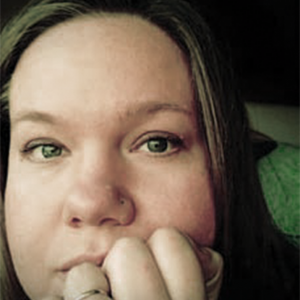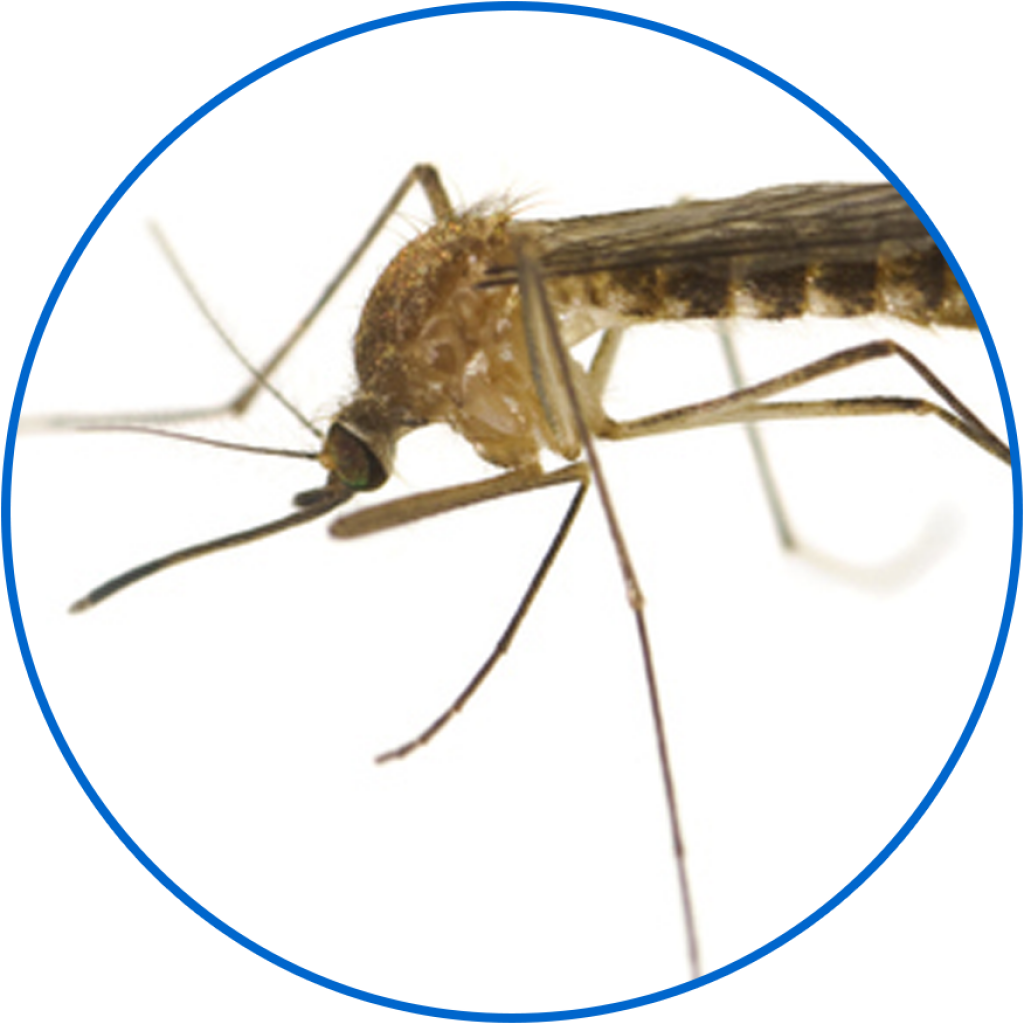
KEIRA DOMER: GRATEFUL TO BE ALIVE
by Anna Barela
Keira Domer’s life changed the day she contracted West Nile neuroinvasive disease – the worst known form of West Nile virus – presumably from a mosquito along Putah Creek in Davis. As her symptoms proliferated, Domer sought medical treatment and diagnosis. But it would be a long wait before Domer knew the cause of her symptoms, and even longer for her to fully recover.
Domer – named Simmons at the time – frequently hiked with her fiancé, Paul, along Putah Creek after work during the spring of 2005. Domer worked in research at the UC Davis School of Medicine. She and Paul had been dating for about six months, and she was planning to attend medical school to continue her work with infectious disease research. She never considered the possibility of West Nile virus interrupting her life.
It all started when Domer woke up one June morning in 2005 with a splotchy red rash all over her body. Within days she developed an overwhelming headache, a fever of 106 degrees, vomiting, muscle pain and dizziness. She began to lose weight rapidly. On one occasion, her fiancé reported she passed out. In the course of a week, he rushed her to the emergency room four times.
Domer recalls one doctor mentioning the need to test for West Nile virus. Apparently the test was never performed. This oversight, combined with – Domer supposed – medical staff assumptions that West Nile virus only affects the elderly to this extent, left Domer undiagnosed and untreated.
“No one ever mentioned West Nile again,” said Domer. “I had no idea what was going on. I was generally healthy, young, and really had no conditions that should have predisposed me to this kind of infection.”
After her fourth ER discharge, Domer visited her family physician. This doctor finally acknowledged the severity of her symptoms and had her admitted to the hospital. She received IV fluids to combat her severe dehydration and steroids to help her headache. She finally began to recover and was able to go home.
But continued recovery was slow. For two months her symptoms kept her trapped in her home, unable to work, drive or even perform simple tasks like taking a shower. Her fiancé Paul stayed by her side, assisting her with everything.
“I had never been so sick,” she recalled. “Even after I started getting well, I was so dizzy I couldn’t walk without holding on to the walls. I couldn’t drive for quite a while, which for someone as independent as I am, that was a real tough pill to swallow.”
When she felt well enough to return to work, she was still plagued with bouts of dizziness and headaches as well as weakness in her hands, making her work in the lab difficult. She felt unsupported by her supervisors and coworkers, which she blames on the fact that her illness was not labeled.
She said, “I’d gone from being very active in my research and very good at what I did to being completely incapable of doing it anymore.”
“I had no idea what was going on. I was generally healthy, young, and really had no conditions that should have predisposed me to this kind of infection.“
“I presented with absolutely classic symptoms of West Nile from beginning to end. No one thought about it, and the normal channels of testing weren’t followed.“
Domer left her job of five years that fall and accepted a position with the UC Davis Center for Vector-borne Diseases (CVEC). Ironically, her new job involved surveillance of West Nile virus. Employees of CVEC received routine blood tests to track their exposure to viruses; Domer’s results showed massive antibodies to West Nile virus, indicating massive infection by the virus. She felt vindicated, then angry.
“I felt a sense of relief. Even though there was no doubt I was horribly sick, it’s strange psychologically what putting a name to it can do. Then I think anger took over. I presented with absolutely classic symptoms of West Nile from beginning to end. No one thought about it, and the normal channels of testing weren’t followed.”
It was a full two years before all of Domer’s symptoms subsided. Today, she is symptom-free and healthy. She and Paul are married, and she is studying at the University of Pacific to become a pharmacist – a career path change she chose because of her experience being sick.
Domer views pharmacists as the most accessible health professionals and wants to educate others. She hopes people will protect themselves with long sleeves and bug repellent. She supports aerial spraying for mosquitoes, comparing it to the risk of a vaccine outweighed by the risk of debilitating diseases they prevent.
She also urges people to be their own advocate in the medical field. She wonders if her symptoms would have subsided sooner or been milder if she had received treatment right away. She wonders if her career would have changed so dramatically if she’d had a diagnosis.
Despite these questions, Domer is grateful for her fiancé caring for her every step of the way. She is grateful she shows no signs of permanent brain damage, a common effect of the brain swelling caused by West Nile virus. Above all, she is grateful to be alive.


